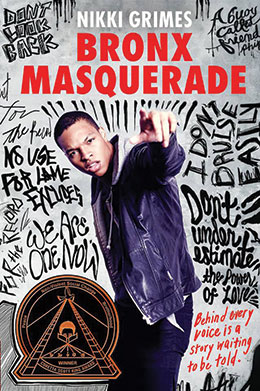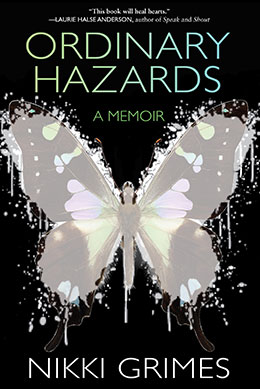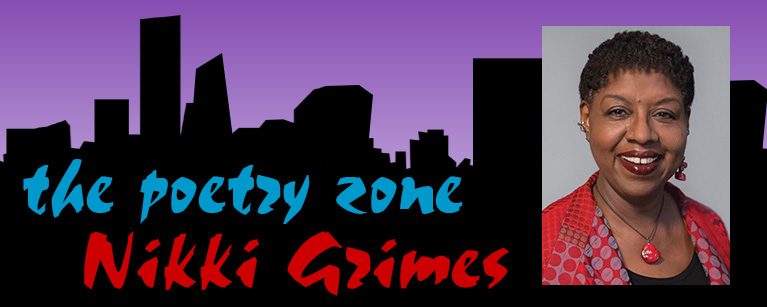
A teacher reached out to me, recently, with a story that I found chilling. He had done a series of fundraisers in order to purchase 200 copies of Bronx Masquerade for a unit with his 8th grade students. However, after successfully acquiring the books, his school’s leadership informed him that he could not teach this book at his school.
I share this story because it’s at the heart of the problem with current messaging about banned books.
For some years, there’s been an attitude in the general public, and amid many authors, that book bans are a badge of honor, and are ultimately a good thing because the banned book garners more attention and sales than it might otherwise. And it may be true that, at least in some instances, said book does enjoy additional, possibly even more robust sales. However, as the story above demonstrates so painfully, a book’s purchase does not guarantee that book’s accessibility to the readers for whom it was intended.

To be sure, there are cases in which a challenged book remains on library shelves while said book is being reviewed for possible removal. However, students who have not been introduced to that book by teachers, in the classroom, are not likely to be aware of that book’s existence. Hence, they are less likely to request that book for checkout. In other words, one must not only ask whether a book is being challenged, but whether or not educators are allowed to teach that book, or to have it available on their classroom bookshelves. This is key.
A parent or other adult in the young person’s life may purchase a copy of said book for the reader’s personal, home library. However, not every child or young adult is privileged to have a home library. Those readers rely entirely upon school and public libraries for their access to books, as I did, growing up. Without such access, I’ve no idea what would have become of me. I shudder to think.
The issue of book bans is serious business, and when any of us laughs it off, or suggests that a book’s sale is the beginning and end of the subject, this hurts everyone. That messaging obfuscates what’s really going on, and we can’t afford that. Our children can’t afford that.
We’re in a war, and it’s time to rally the troops. No one will enlist in the battle, though, if we repeatedly send out the message that book bans are a joke. I guarantee you, there’s little laughter among the weary teachers and librarians who are being publicly shouted-down and maligned by book banners who are calling them pedophiles, pornographers—and worse—for daring to fight to maintain their diverse book collections.
Teachers and librarians across the country are suffering metaphorical bloody noses from fighting to protect our children’s right to have access to the wide range of books we create for them, books they need. These are books in which young readers see themselves represented, books that make them feel less alone in the world, books that inspire, books laced with hope, books that nurture the dreamer in each of them. Let’s be clear about what we’re fighting for, and what a deadly serious battle we’re in. There’s a lot more to be concerned with, here, than the dollar signs at the end of our royalty checks. Let’s please, all of us, authors and publishers alike, get on the same page for our readers’ sakes. There’s a lot at stake here, people.


